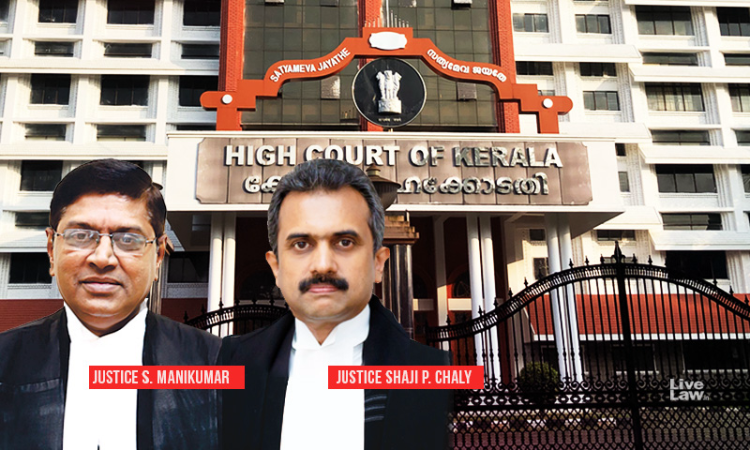CBI Not Liable To Furnish Information Under RTI Act, Exempted U/S 24: Kerala High Court
Athira Prasad
7 Nov 2022 2:32 PM IST

Next Story
7 Nov 2022 2:32 PM IST
The Kerala High Court recently observed that the Central Bureau of Investigation (CBI) is not liable to furnish any information sought under the RTI Act, as it is included in the second schedule in contemplation of Section 24 of the RTI Act which exempts certain organisations from the Act.As per Section 24 of the RTI Act, the Act shall not apply to the intelligence and security...
